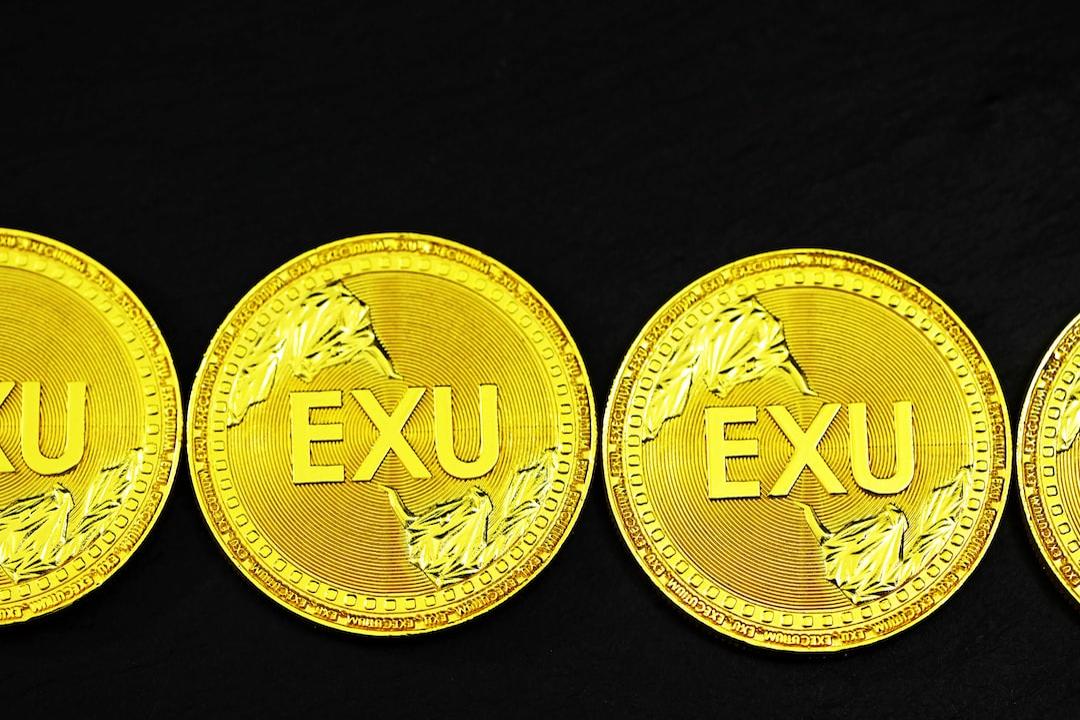Japanese Financial Institutions including Nomura Unite to Call for Opening of Bitcoin and Ethereum ETFs
Several financial institutions in Japan, including Mitsubishi UFJ Trust Bank (MUFG), Sumitomo Mitsui, Nomura Securities, and SBI, have jointly proposed that the government open exchange-traded funds (ETFs) for cryptocurrencies such as Bitcoin and Ethereum, and called for a review of the cryptocurrency tax system, including the separation of taxation on income.
Increased Acceptance of Cryptocurrency Investments Among Japanese Investors
A proposal from several Japanese financial institutions, including major trust banks like Mitsubishi UFJ (MUFG) and Sumitomo Mitsui, as well as the cryptocurrency exchange bitFlyer and brokerage firms such as Nomura Securities and SBI Securities, states that the substantial market capitalization and “stable records” of cryptocurrencies like Bitcoin and Ethereum make them suitable for investors to “accumulate assets in the medium to long term.” The proposal analyzes the current state of cryptocurrency investment among Japanese investors, noting that the ranking of cryptocurrency investment has risen from 15th place in 2021 to 8th place in 2024, with its market share increasing significantly from 0.8% to 7.3%. The majority of investors are aged between 30 and 40 years old.


Proposal to Open Bitcoin and Ethereum ETFs
The U.S. Securities and Exchange Commission (SEC) opened the listing of Bitcoin spot ETFs in January and approved Ethereum spot ETFs in July. However, according to Japan’s Investment Trust and Investment Corporation Act, crypto assets cannot be provided by investment trust funds, and the Financial Services Agency of Japan has not approved related delegated transactions. This has prevented Japanese investors from legally purchasing crypto ETFs within Japan.
(Stubborn Financial Services Agency? The Financial Services Agency of Japan similarly does not allow nationals to trade Bitcoin ETFs and prohibits delegated transactions)
In the recent proposal, several Japanese financial institutions expressed that the substantial market capitalization and “stable records” of cryptocurrencies like Bitcoin and Ethereum make them suitable for investors to “accumulate assets in the medium to long term,” urging government agencies to open high-market-cap cryptocurrencies such as Bitcoin and Ethereum.
Call for Tax Reform
Additionally, the document calls for a review of the cryptocurrency tax system, including the separation of taxation on income.
In Japan, cryptocurrency trading taxation primarily comes from capital gains and income, with a high and complex tax rate. Capital gains from cryptocurrencies are considered “miscellaneous income” and are combined with personal income tax rates, which range from 5% to 45%, plus an additional 10% local tax. For high-income individuals, this effectively consumes over half of their profits, while trading stocks incurs only a 15% (national tax) plus 5% local tax.
(Why is Japan’s cryptocurrency tax system favorable to the stock price of the Japanese version of MicroStrategy, Metaplanet?)
Recently, however, the Democratic Party of Japan (DPP) proposed a tax reform plan to reduce the capital gains tax on cryptocurrencies to 20%. Whether this policy can be implemented remains to be seen.
